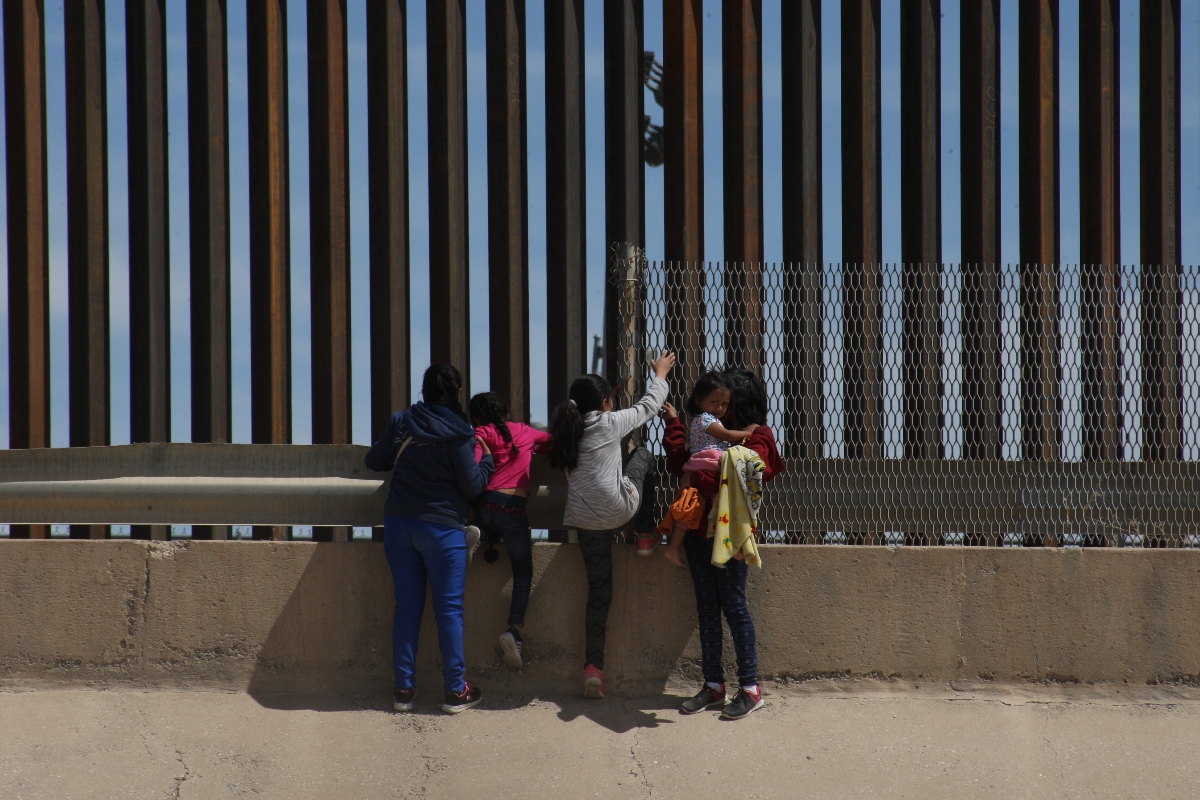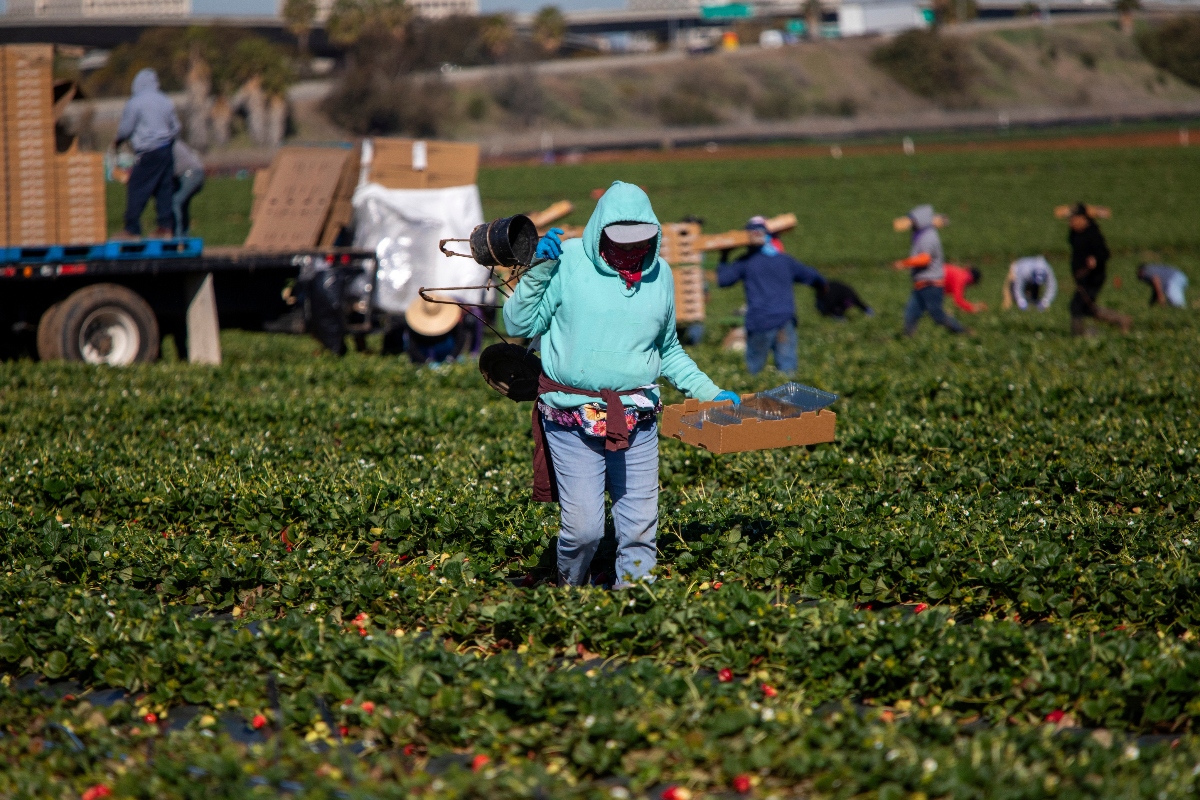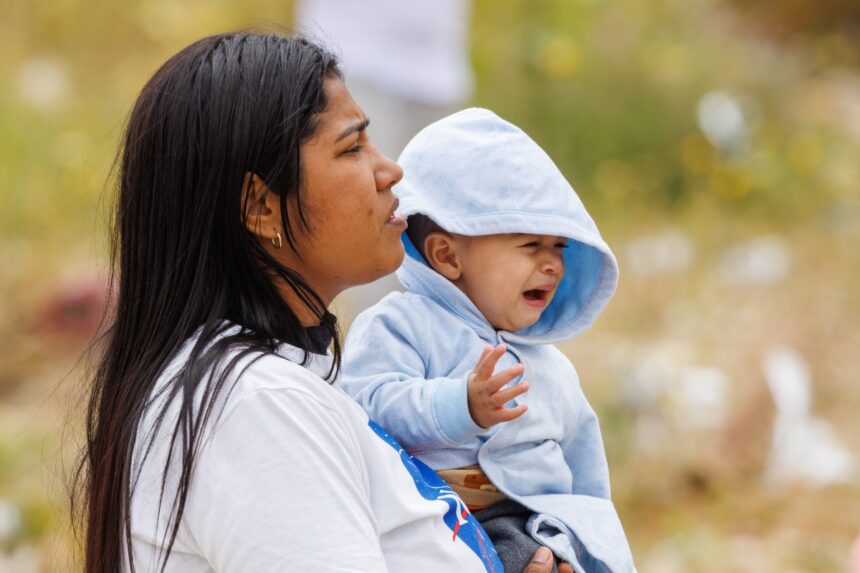In an unprecedented decision in modern U.S. history, the Supreme Court authorized in 2025 the partial implementation of an executive order signed by President Donald Trump, which eliminates the right to automatic birthright citizenship for children of migrants in irregular or temporary status.
Although the Court has not yet ruled on the constitutionality of this order – which directly challenges the 14th Amendment – the ruling allows for its limited application, restricting the ability of federal judges to block Executive Branch decisions they deem unlawful. Judge Amy Coney Barrett, author of the opinion, explained that the ruling is not a validation of the order, but a ruling on judicial authority.
Who is affected by this measure and since when?

The measure impacts children of migrants born after the implementation of the order, not retroactively.
That is, children born before its entry into force will retain their U.S. citizenship at birth, regardless of the immigration status of their parents.
This policy initially applies to 28 states, most of which have conservative governments that support immigration restrictions.
These include Texas, Florida, Georgia, South Carolina and Arizona (which recently joined).
However, not all states in the country are subject to the application of this order, as several state courts have initiated lawsuits to stop its implementation.
List of the 28 affected states:

Alabama
2. Alaska
3. Arkansas
4. Florida
5. Georgia
6. Idaho
7. Indiana
8. Iowa
9. Kansas
10. Kentucky
11. Louisiana
12. Mississippi
13. Missouri
14. Montana
Not all states in the country are subject to this order
15. Nebraska
16. New Hampshire
17. North Dakota
18. Ohio
19. Oklahoma
20. Pennsylvania
21. South Carolina
22. South Dakota
23. Tennessee
24. Texas
25. Utah
26. Virginia
27. West Virginia
28. Wyoming
Concern in the Hispanic community

The migrant community -especially Mexican and Central American- has expressed deep concern about this measure.
They consider it discriminatory and in violation of constitutional rights.
Lawyers and pro-immigrant organizations warn that the decision will open the door to more legal restrictions affecting the future of migrant children.
In addition, activists fear an increase in out-of-hospital deliveries for fear that families will be denounced, which would compromise the health of mothers and children.
In parallel, governments such as Mexico, through its Ministry of Foreign Affairs, have announced that they will offer legal guidance and consular support to families affected by this new immigration policy.
For more information, visit QuéOnnda.com.














